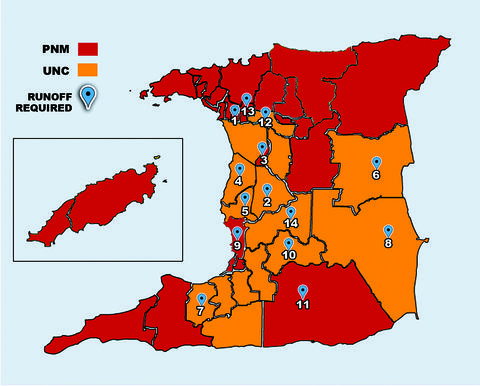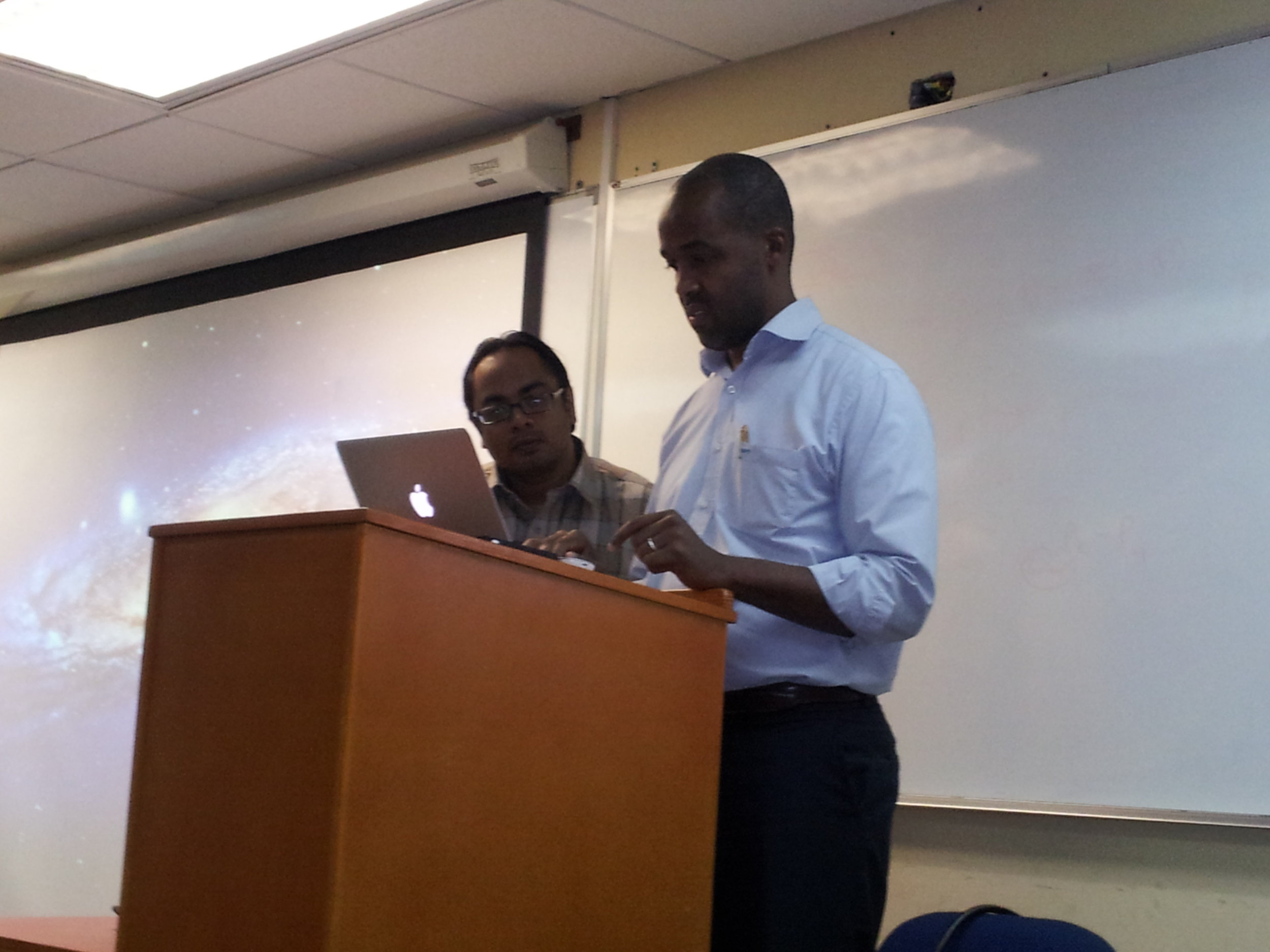Global Cubes in Space to launch in T&T
 Fifteen NorthGate College students are to receive awards from the Canadian High Commissioner for the school’s winning entry in the global Cubes in Space programme.
Fifteen NorthGate College students are to receive awards from the Canadian High Commissioner for the school’s winning entry in the global Cubes in Space programme.
Cubes in Space is a no-cost global design contest in which teams of secondary school students from around the world compete by developing science experiments for launch into space. The T&T-based campus of NorthGate College won the 2014 global prize for experiment design.
Each student will receive an award from Canadian-based Cubes in Space organisers, iDoodlesSoftware, at the special ceremony hosted at the High Commissioner’s residence in Port-of-Spain on September 26.
“It is significant that students from a school in a Caribbean country with no space programme could design an experiment, have that experiment sent into space and win our global contest,” iDoodleSoftware Inc. founder and chief executive Robert Sowah told the Guardian.
The prizegiving will double as the global launch of the 2015 Cubes in Space programme, which targets 11- to 14-year-old students. The ceremony will feature presenters such as US National Aeronautics and Space Administration (NASA) astronaut Dr Roger Crouch, who flew on two US space shuttle missions, and Bevil Wooding, chief knowledge officer of Congress WBN.
"The hope is that more kids from around the world will be taking part in this one as a result of the Caribbean’s and NorthGate College's success," Amber Dee-Hart, coordinator for the Cubes In Space program said in an interview.
The Cubes In Space program is a partnership between idoodlesoftware inc., Rubik Learning Initiative, the Colorado Space Grant Consortium’s RockSat-C program and supported by the Sounding Rocket Program Office at NASA’s Wallops Flight Facility.
The launch is being held in conjunction with the BrightPath Foundation TechLink event, which is being held on September 27 at the Cipriani College of Labour and Cooperative Studies, Valsayn.

